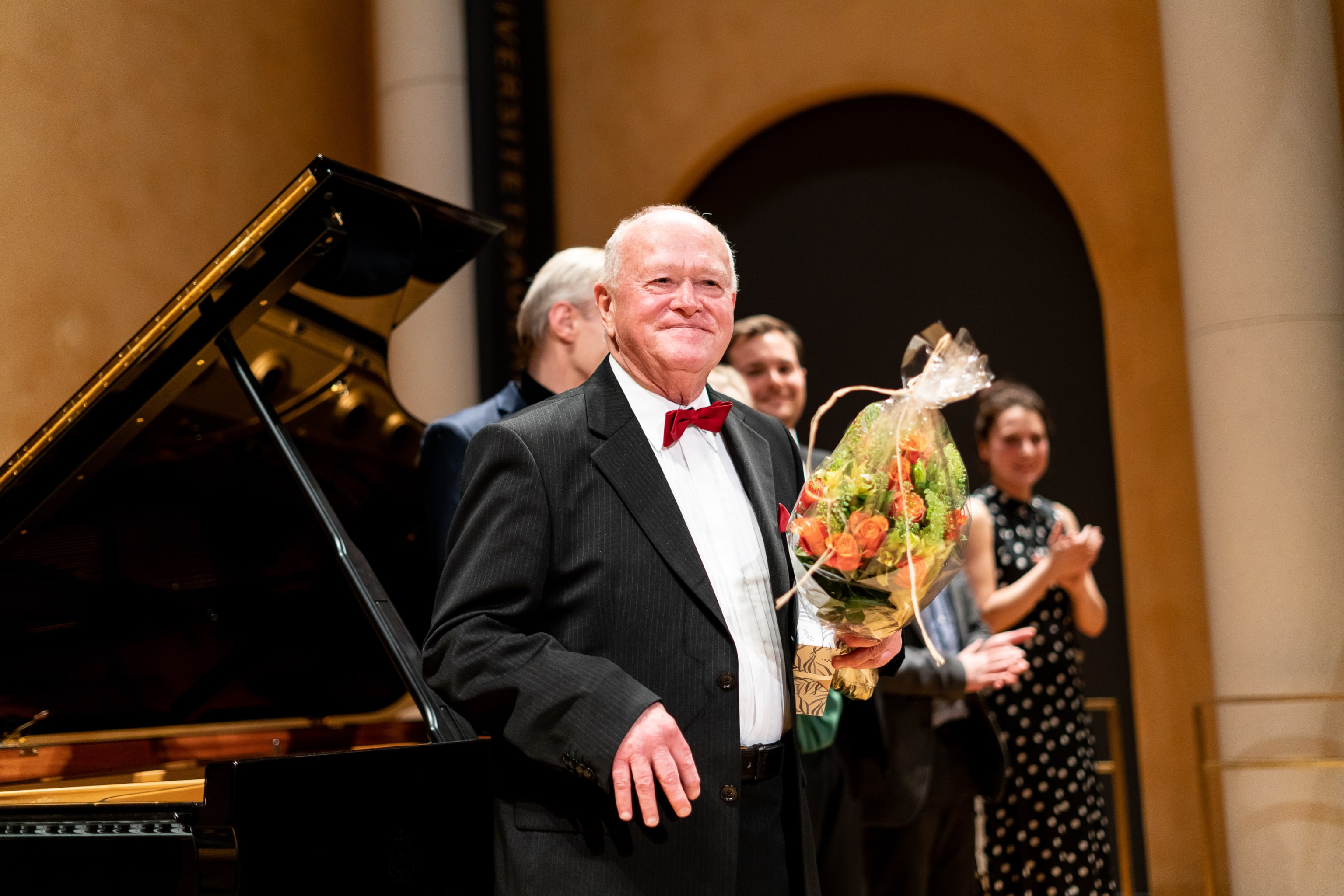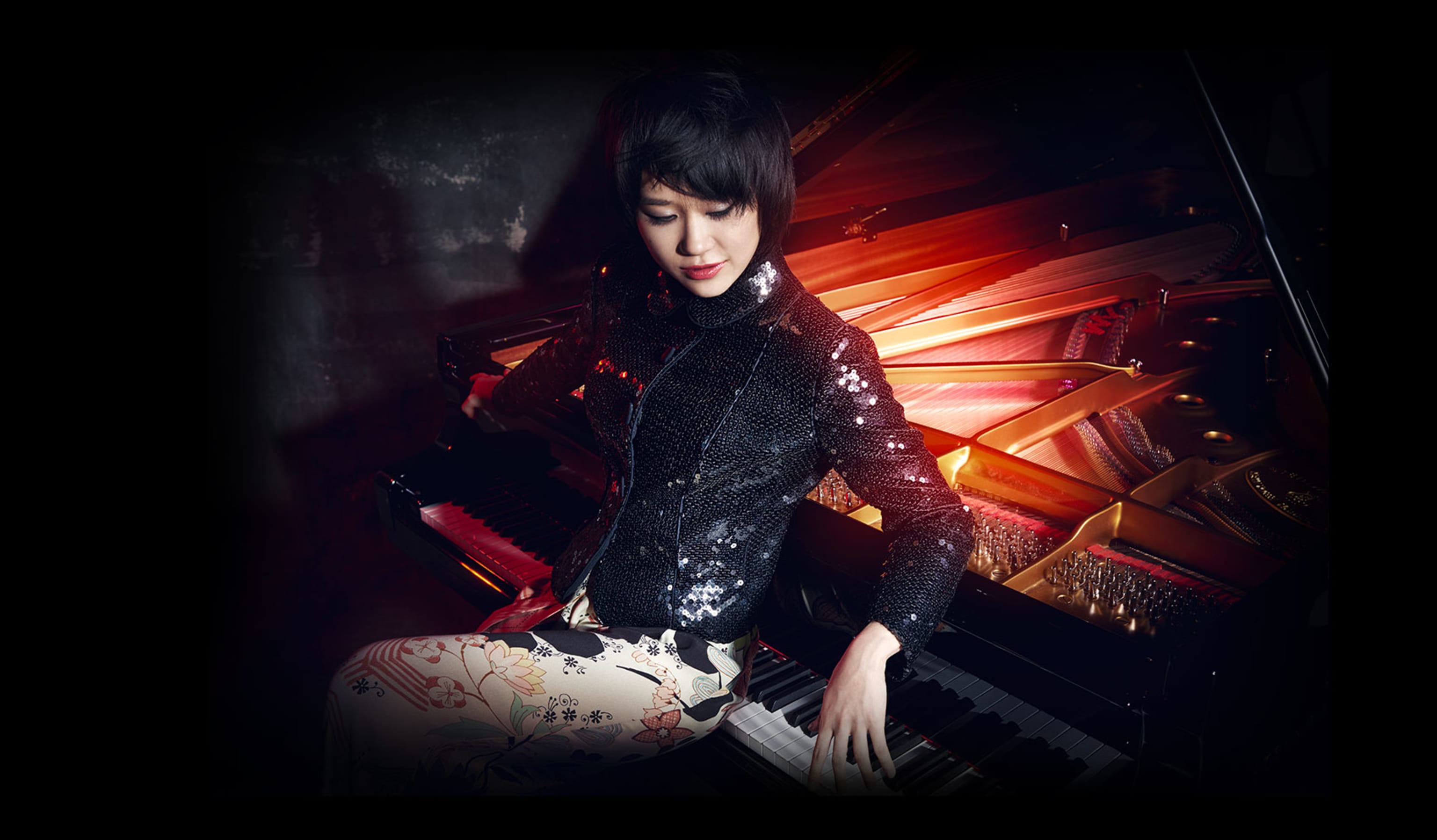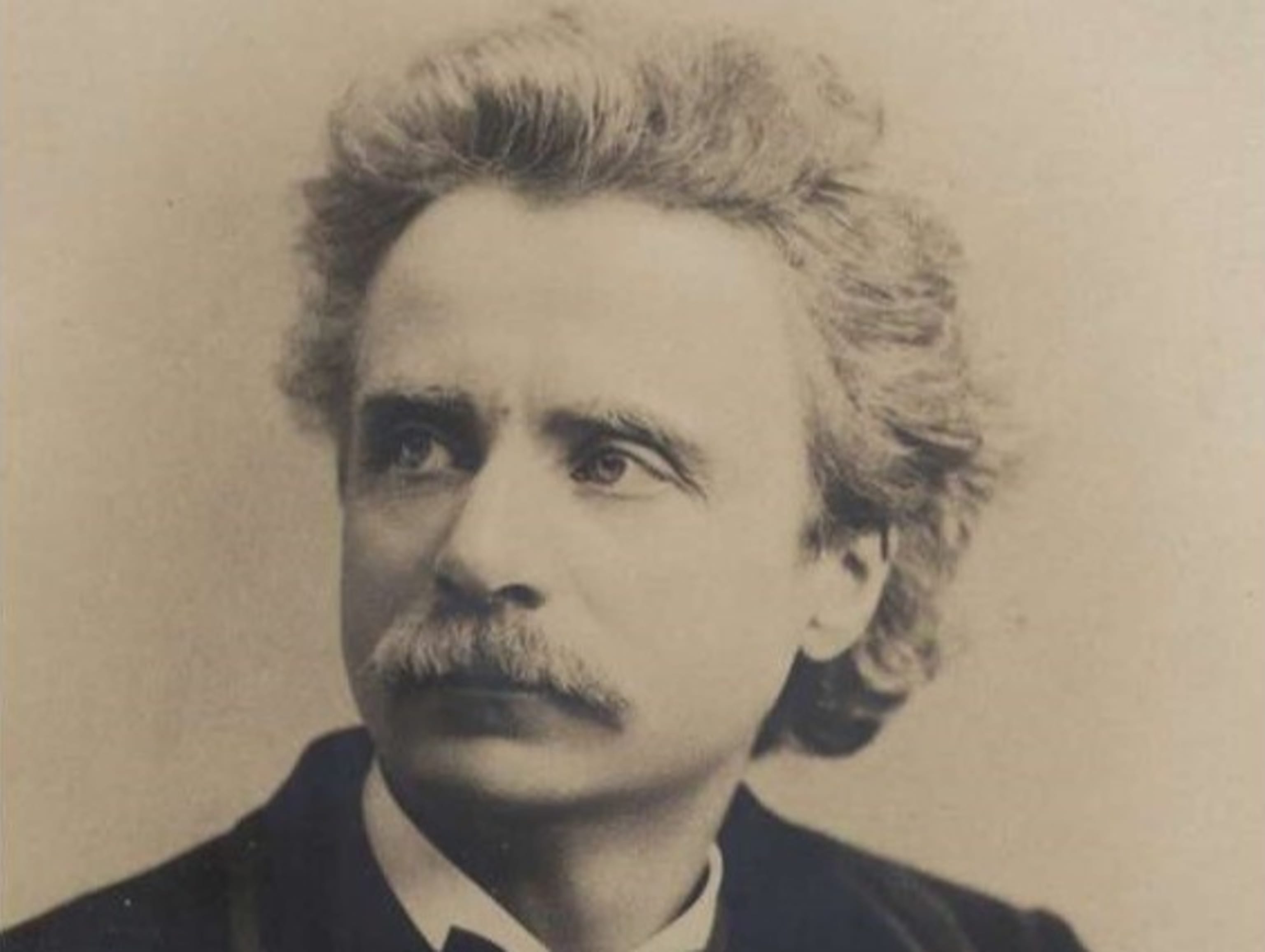A view from the roof
- Home
- Festival
- 2022
- Articles
- A View From The Roof
- By:
By: Ketil Mosnes
April 01, 2022
Pandemics and lockdowns didn’t stop Camille Thomas from doing what is most important to her.
Like many other top performers in the classical world, Camille Thomas' musical journey began at home at a very young age. When the future cello virtuoso was four years old, she expressed a desire to play an instrument, whereupon her mother found a pile of classic albums and asked Camille to choose one of the instruments she heard. The French-Belgian has claimed that it was 'love at first listen' when she heard the sound of the cello on one of the albums, and since then her life has been dedicated to the instrument.
After taking classes with Marcel Bardon and Philippe Muller in her hometown of Paris, the young cellist moved to Berlin in 2006 to study at the Hanns Eisler Hochschule für Musik, and later to Weimar at the Franz Liszt Hochschule für Musik. After graduating, her career moved quickly towards international recognition, and today Thomas has performed on stages around the world with orchestras such as the Slovak Philharmonic, Philharmonisches Staatsorchester Hamburg, Orchestre National de Bordeaux Aquitaine and Brussels Philharmonic, to name a few. She has also won several important awards.
When the pandemic occurred in the spring of 2020, Thomas received a lot of attention by performing concerts on rooftops and in closed museums in Paris. After one of these special performances, she explained that the concert was 'an attempt to bring this place to life in a unique way' […]. When people tell me that the pictures from these concerts make them feel better, that's the best gift anyone can give me.’
Camille Thomas is generally known as a socially engaged artist, and it is her strong belief that music can enhance the good in people. She is also one of the first artists to release a classic album in collaboration with UNICEF; a choice that reflects her desire to be able to help others through her profession.
– I’ve always loved Grieg’s music. Peer Gynt is one of the first pieces I played with the school orchestra when I was a teenager, and it’s a dream for me to visit Grieg’s home. His music contains so many images, and you can really see the landscape…it’s almost like a fairytale, Camille Thomas says in an interview with Bergen International Festival in February 2021. She continues:
– The concert in Bergen will be the first time I play Grieg’s Cello Sonata. It’s a piece that I really adore, and I have been waiting for the right moment to play it. Bergen International Festival is a perfect opportunity, and I’m very much looking forward to it!
– You have recently played some extraordinary concerts in Paris. How did you get the idea of performing on rooftops and in closed museums?
– I was in Paris last spring, and suddenly everything was cancelled and life kind of stopped. It was a difficult moment because the meaning of my life is to share music. It felt like I had something to give through music, and…I don’t know, I felt the urge to somehow continue sharing the beauty of it. I have always loved Parisian roofs…I was born in an apartment with a view to the roofs, so it’s a part of my DNA. One day I just couldn’t resist anymore; I brought my cello to the rooftop which I have access to from my home. I played a concert for my neighbours, and I dedicated the piece to those who were working in the hospitals day and night. That’s really how it all started. I posted the video on the internet, and started receiving messages from people all around the world who were telling me that seeing these images and hearing the music was giving them hope and happiness, Camille says with great enthusiasm. It is evident that this theme engages her:
– In June it was possible to go out, but there were no concerts and the museums were closed, she continues. - I then started the second project, which was to play in empty museums. First of all, I just wanted to continue sharing and creating music, but I also wanted the project to symbolise the fact that we were only waiting…we were not dead; the beauty was still there, and it was worth fighting for. It also symbolised the loneliness of musicians without an audience, the museums without visitors, and of course the loneliness that we all experienced those days. I was hoping that the project could bring us together through the magic of those places and through the music I was playing.
– Can you say a few words about how the cooperation with UNICEF came about?
– I’m so happy that I could start a collaboration with them through my album Voice of Hope. For me, it is more than just an album…it is a project, really. Music has to be generous, and musicians can do more than just play for themselves…they have so much to give! That’s why I suggested that parts of the income from the album should be given to UNICEF. For me, hope is about childhood and education, so that’s why I wanted to do something with them. This is just the beginning of our collaboration; we have many upcoming projects, which is very important for me.
– You studied in Germany and France. How did you experience the difference between the two countries, in terms of approaching classical music?
– When I was 17 I had the choice between staying in Paris or go somewhere else. I wanted to travel abroad, but as a French-Belgian person I felt that I had a French approach to music in my DNA. However, I had always been fascinated by Russian sounds and the Russian approach to art… Rostropovich, David Oistrakh, Dostoevsky, Tolstoy…I wanted to understand them. That’s why I went to Berlin, as there were still many Russian teachers there. Also, Germany – with its music history - was something that was talking to my heart, and I felt that I had to leave home and discover what else I could add to my playing and my musicality. It was the best decision ever, because if you take risks and go outside your comfort zone you also make progress and achieve more.
But yes, the difference between the approach to music in Germany and France… I think we are much more alike these days than we were before, which is beautiful!
– In Bergen, you will play a duo concert with pianist Julien Brocal. If you could choose any musician, who would be your favourite to play with?
– Oh…There are so many I would love to play with. Leonard Bernstein would have been a dream, otherwise I would have loved to play chamber music with Janine Jansen and the Russian pianist Daniil Trifonov. There is also one dream that is actually about to come true: Next season I will record an album with Fazıl Say, as well as doing a tour with him. It’s a good thing to never give up believing in your dreams, sometimes they become real!
Supported by Vestland county council



